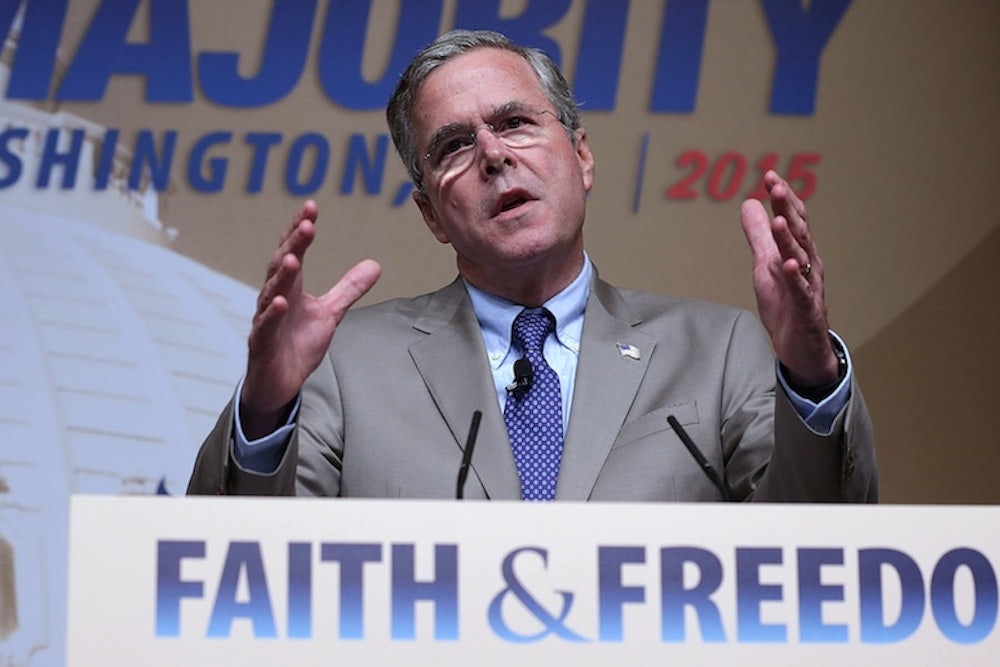In 2008, when Barack Obama was first running for President, 50 percent of Democrats supported gay marriage. To put it another way, more than 40 percent of all Democrats embraced a position that most, including Joseph Biden, would now concede is bigotry. In that election, Obama was in the latter camp; what’s particularly painful about his position then is that, rather famously, he’d been on the record in favor of gay marriage for twelve years. As his onetime advisor David Axelrod admitted earlier this year, Obama’s regression was purely for political reasons. “I’m just not very good at bullshitting,” Obama told Axelrod, but he was certainly good enough.
I mention this because it’s instructive to consider what a politician—especially a presidential aspirant—is afraid to say. The cowardice of silence is deeply illuminating; it tells us as much about who the politician seeks to impress as it does about the politician himself.
This week, Dylann Storm Roof allegedly shot and killed nine people in a historically black church in Charleston, South Carolina. Roof wasn’t subtle about his motives. He was, as Mother Jones put it:
photographed wearing flags of former racist regimes in Africa that became white supremacist symbols. When he committed the murders, he reportedly told the victims, "I have to do it. You rape our women and you’re taking over our country and you have to go." And after he was arrested, he confessed to authorities that he committed the crime to start a "race war."
It seems fair, I think, to take a man like this at his word.
And yet, this morning, when Jeb Bush addressed a crowd gathered for the Faith and Freedom Coalition Conference in Washington, D.C., he told them, “I don't know what was on the mind or the heart of the man who committed these atrocious crimes.” In other words, he is not a scientist.
Why is Bush—and, to be fair, plenty of his fellow candidates—so afraid speak honestly about these killings? What does he stand to gain by feigned ignorance?
I have my own theories. They’re not charitable. And, quite frankly, they’re as obvious as they are irrelevant. He is not trying to win me over. But, were I conservative and inclined to vote Republican, I would be deeply appalled. Jeb Bush tells you what you want to hear and he elides what you do not.
Now, maybe, as more information comes out about Roof, Bush will—in the grotesque parlance of Obama—“evolve” on the issue. Maybe he won’t. But it’s deeply dispiriting every day he remains silent.
Obama’s unwillingness to say outright that two men who love each other ought to be able marry said so much: It said that gays were a liability. And those of us who donated to his campaign, who knocked on doors, and who voted for him—we accepted this. We believed, to some extent, this was acceptable bigotry.
So: What does it say about conservatives that Jeb Bush is bullshitting them? What does it say that they know it, and what does it say if they don’t?
And what does it say about Bush that he won’t admit that a white man who shot up a black church was motivated by racism? What does it say about the rest of the Republican field?
